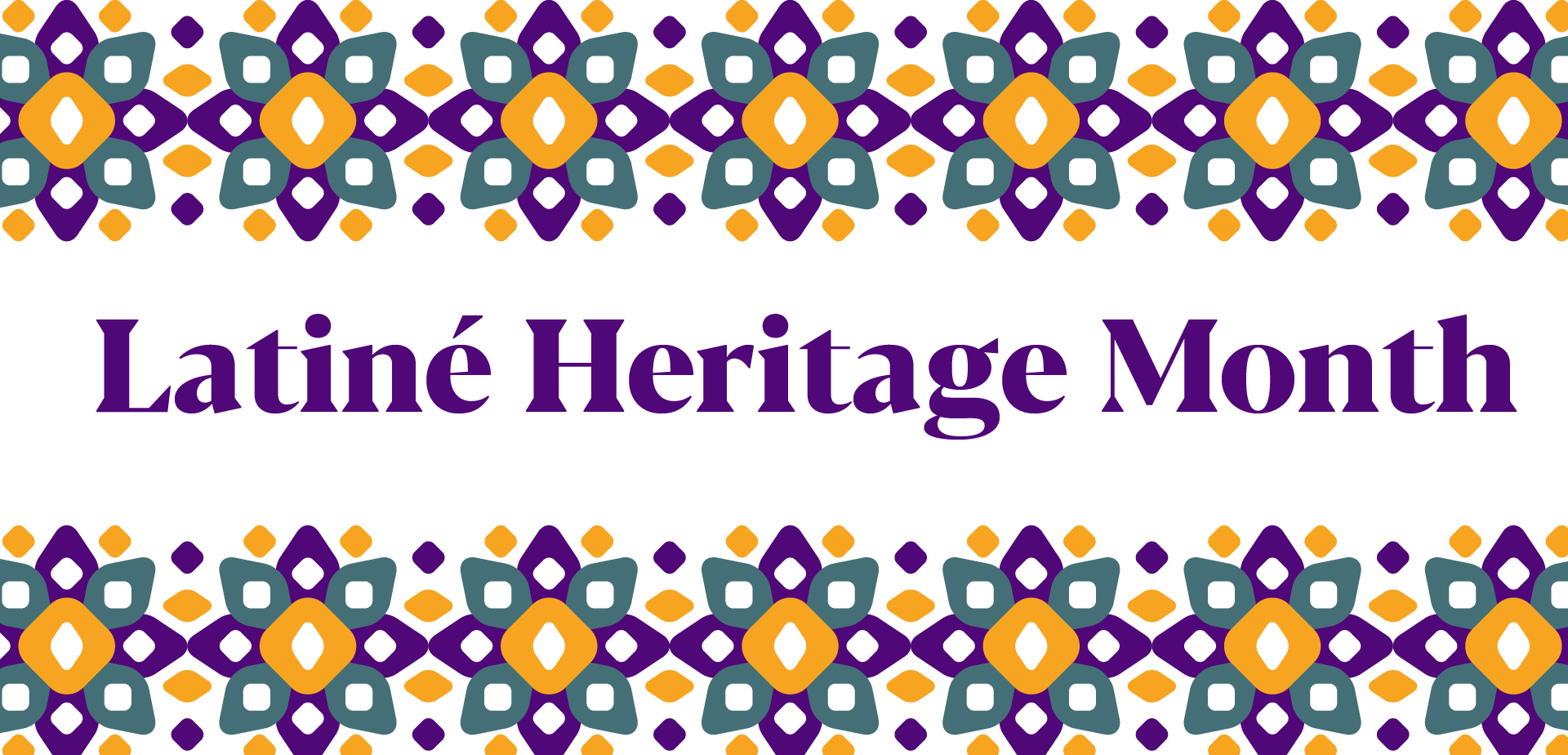Latiné Heritage Month at UNI
September 15 - October 15, 2024

How we'll celebrate at UNI
At the University of Northern Iowa, the month is referred to as “Latiné Heritage Month” per the request of individuals who hail from this ethnic background. Latiné is pronounced “lah-tin-
AY.”
For further explanation, it should be noted that Hispanic, Latino and Latiné are ways of referring to an individual’s culture or origin (that is, ethnicity) — no matter what their race may be.
Per the Merriam-Webster dictionary, “race refers to a group sharing some outward physical characteristics and some commonalities of culture and history. Ethnicity refers to markers acquired from the group with which one shares cultural, traditional, and familial bonds.”
Events
Sept. 17 - UNIdos General Body Meeting
Sept. 18 - Frosty Fiesta
Sept. 19 - Kick-off Event in Seerley Park
Sept. 25 - Sabor Fuego
Oct. 7 - Fresas con Crema
Oct. 15 - Craft Night: Frida Kahlo Headbands
Events linked above with more information. For items not linked please visit the UNIdos Instagram page.
Why we celebrate
Known in most places as Hispanic Heritage Month, the period from September 15 to October 15 is our opportunity to uplift and spotlight the culture and contributions of U.S. people who hail from Hispanic or Latino backgrounds.
Like many of this country’s cultural observations and celebrations, this month began as a shorter event. It was, in June 1968, suggested as a week. The observation had been urged by Congressman George E. Brown of California during the Civil Rights Movement as a way to further understand and value the growth of the United States’ cultural diversity. Only three months later, Congress passed a law asking the U.S. President to annually declare September 15 as the start of a national heritage week. President Lyndon B. Johnson signed the first proclamation the same day the law passed.
It was almost 20 years later in 1987 when a California representative suggested the observance move from a week to 31 days to provide more time for coordination of events and allow Americans significant opportunity to truly observe the culture. The next year, a bill to do just that was passed by Congress. President George H. Bush signed it into law.
While some may find it odd that the month-long observance begins in the middle of September, the timing was intentionally chosen to line up with similar celebrations occurring in several Latin American countries, all celebrating independence from Spain. Five Latin American countries (Costa Rica, El Salvador, Guatemala, Honduras and Nicaragua) declared their independence from Spain on Sept. 15, 1821; and Mexico declared its independence from Spain on September 16, 1821. Other countries celebrating independence around that time are Chile (Sept. 18, 1810, from Spain) and Belize (Sept. 21, 1981, from Great Britain).
Information curated from multiple sources.
